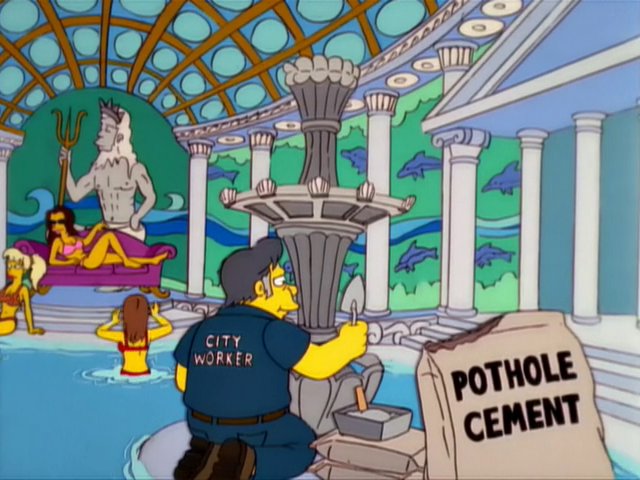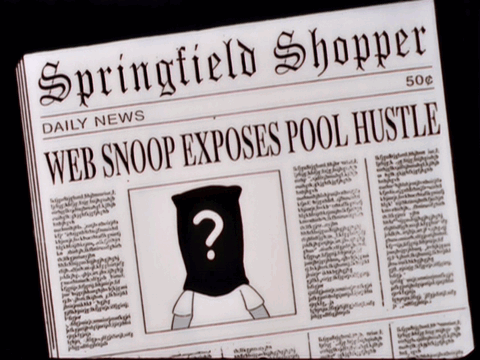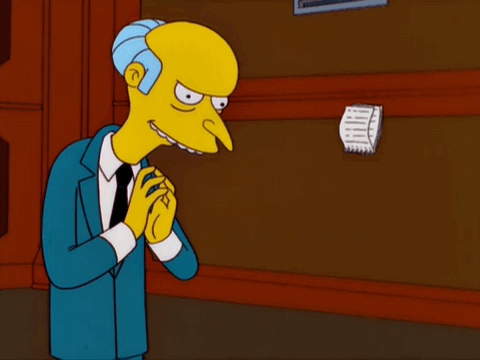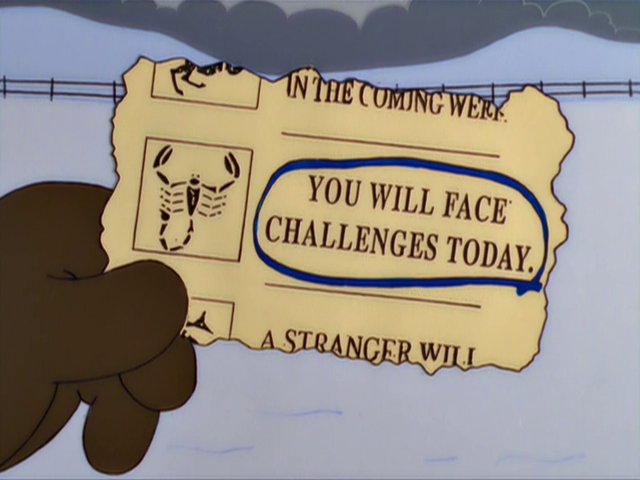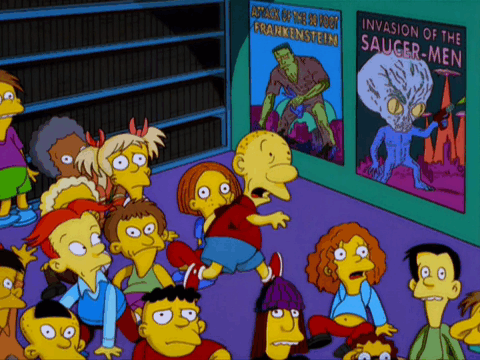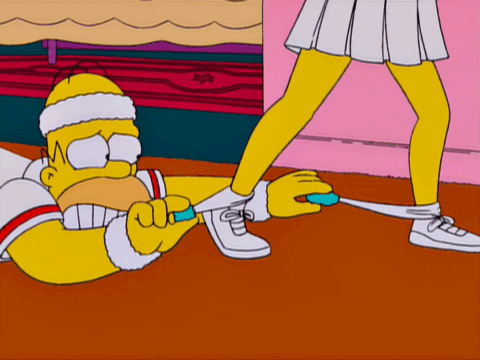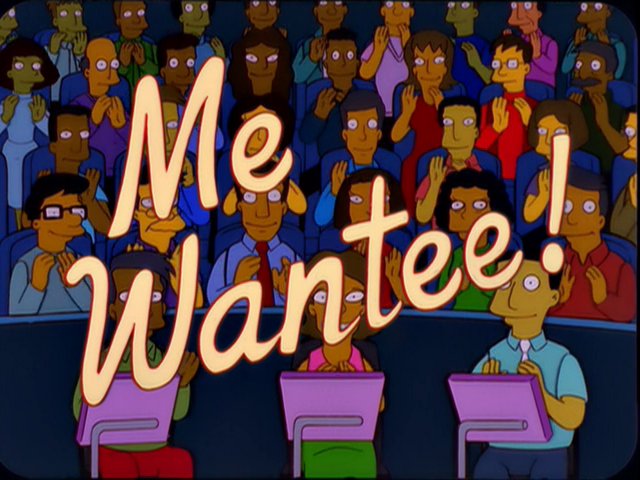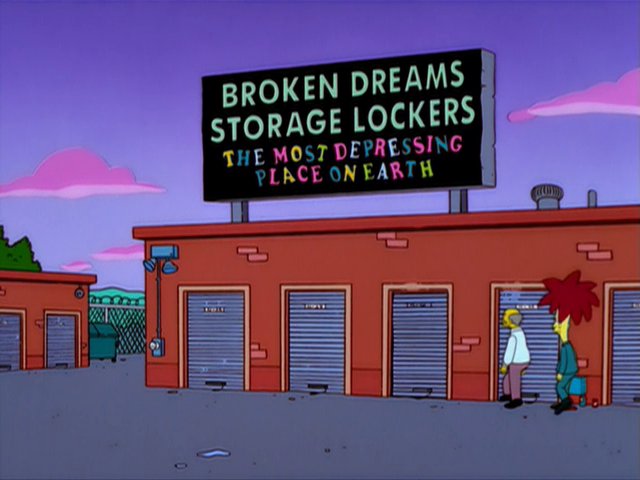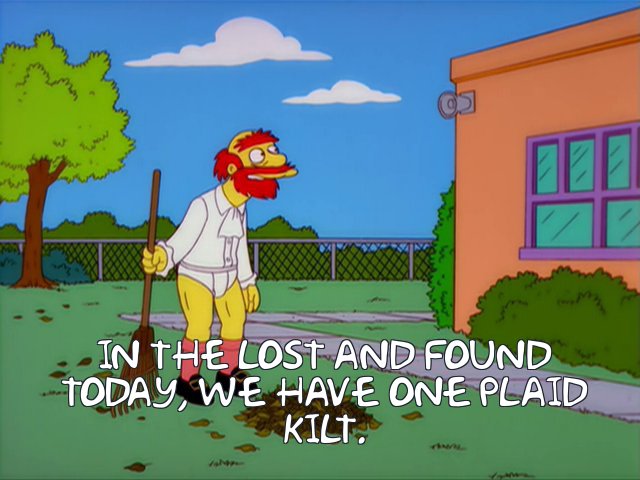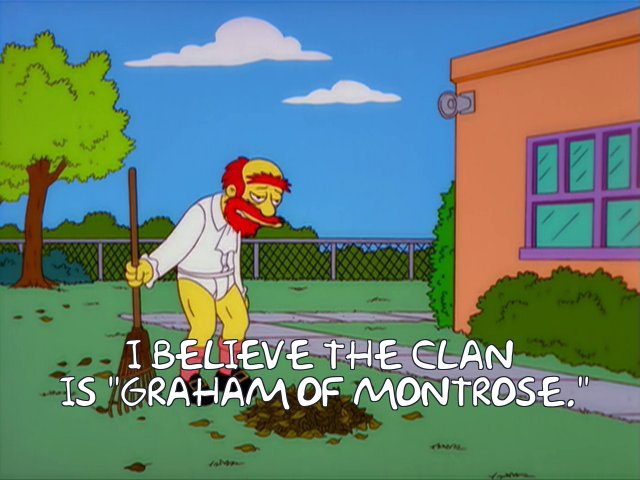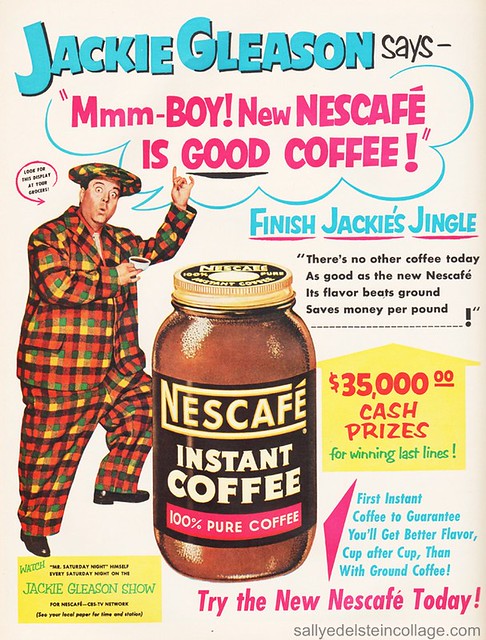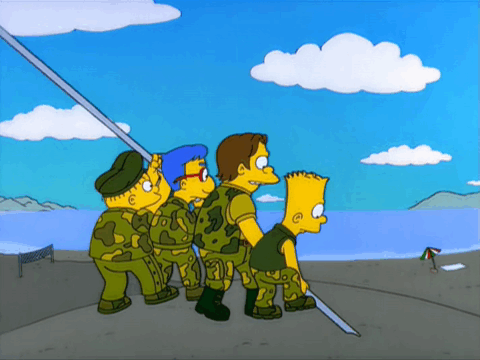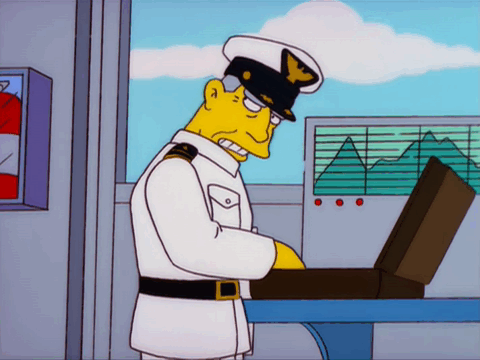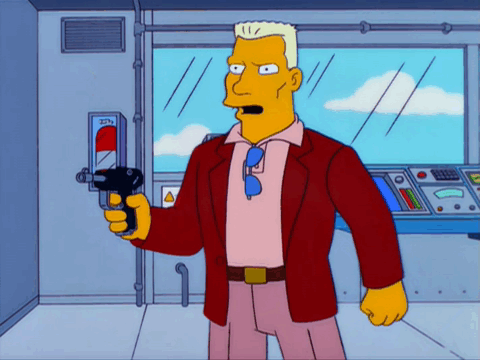Day of the Jackanapes
I can't speak for the generation after me or before but I feel like the TV my generation was consuming was written by comedy writers who were most interested in writing about TV. The 90's Warner Bros cartoons (Tiny Toons, et al), the Simpsons, Mystery Science Theatre 3000, all shows that even when they weren't specifically about the writers experience had it bleed through. Even Batman had more than one episode about TV with some hard winks to camera. It was an era of newfound media savvy for the audience and the writers correctly assumed that they could use that and. in kids shows, even if the kids didn't get the specifics, they could gather the intent from context. The Critic is a show that seems very much this attitude at its peak, a show about a TV star dealing with his network (including his ludicrous millionaire boss, which feels like a precursor to the 30 Rock dynamic) while mocking pop culture. That show ended up failing after a network change and one (or maybe one and a half) season of TV. That's when the creators went over to the Simpsons... and ended up becoming show runners.
In this episode, Krusty the Clown, inundated with inane studio notes, ends up announcing his retirement show in a fit of anger. During an interview, he notes that he erased all his old episodes, including the ones with Sideshow Bob. Bob is furious and vows revenge and concocts a plot to kill him during his final episode. He kidnaps Bart and brainwashes him into becoming a Manchurian Candidate-style sleeper agent, so that he may blow himself and Krusty up with a bomb. However, as his plan is going into action, Bob is moved when Krusty tells the audience that he always felt bad about heaping enough abuse on Bob that he would turn to crime. Bob is moved and tries to stop the assassination but fails... but Krusty's chimp, Mr. Teenie, doesn't and saves the day. Bob and Krusty make peace once again.
Day of the Jackanapes is a pretty shallow Simpsons episode. In terms of character, I don't feel like we are learning anything new about Bob, Krusty or Bart. In terms of theme, I guess it is saying something about the ridiculousness of show business but its pretty tepid in that respect. As a parody of assassination stories and the Manchurian Candidate, there still isn't much going on. But I like this episode. Not love, but like. For the most part, there isn't a lot that makes me cringe. And in fact, there are jokes I actually quite like and have stuck in my head for a long time. It certainly goes a long way that the character of Bob is a lot of fun and Kelsey Grammar, who sucks in real life, certainly has the perfect voice for the character.
You might think the weakest part of the episode might be that its a little too focused on the wacky factor over something steeped in character. I feel like everyone not noticing how clearly super-hypnotized Bart is feels more appropriate to a kids show or a Halloween episode. But I'm pretty forgiving just because the gags are decent enough and I never once winced at the cliché nature of it, rather accepted it as a worn but serviceable comedy trope (your mileage may very, of course). Too me the weakest bit is writer Al Jean indulging in his must base comedy writer instinct: "ugh, these stupid network executives, right?" Its the part of the show that feels like it should have been left in the 90s and completely falls flat for me. I like the Lindsay Nagle character but using her as a mouthpiece to complain about network execs' naked attempts to stay relevant and popular at the expense of coherence gets tiring fast. It works a LOT better in Itchy and Scratchy and Poochie where she helps design a character by committee but here instead of feeling like an incisive satire, it feels like kvetching and ends with the story LITERALLY dehumanizing them in favour of a dumb T-1000 gag.
But despite the episode having Al Jean be Al Jean with a LOT of pop culture commentary (the pain of reading Tom Clancy, network execs, shallow TV retrospectives), I still like it. Even when it is at its weakest it is watchable and some jokes are legit very enjoyable to me. Its joke first character second but that's not inherently bad and it doesn't feel like any of them are being "betrayed" to their core. Skinner is willing to hire someone who tried to kill his students pretty quickly and Marge and Lisa don't notice a zombie Bart but I can accept this because in the name of comedy, I am happier to accept that handwaving and silliness far more than characters being overtly cruel to each other, then the show having a bad take on that. Having them be mildly stupid or negligent in the name of moving a gag conveyor belt forward every once in a while doesn't hurt. I can point to it and say "huh, interesting" but it doesn't make me angry. And I feel like under Al Jean, there was a lot of that, so frankly, I'd take funny but shallower over an "everyone is a creep" take on the show any day of the week.
Other great jokes:
"Well, I was born in Indiana, so that ain't it."
The Who Wants to Be a Millionaire parody pretty apt but not super strong. I like this bit of business.
"Well, it all starts when a nulecule come out of it's nest."
"A world without Krusty. What would that be like?"
"Hey, what's on TV?"
"Nutsy the clown."
"OBOYOBOYOBOY!:"
"Krusty the Clown's retirement has provoked an outpouring of anguish not seen since the small plane crash that killed the Banana Splits."
"Hey, Kent, are you still having that contest where we guess which city the weather girl's in?
"Hehe, that was eight years ago."
"Is it Pittsburgh?"
The "Bart goes to the tool shed" scene is pretty good. "Ring around the rosie..."
"You are in my power."
"I am at your command."
"I didn't say anything about command. If you are in my power, say so."
"I am in your power."
"Excellent. No wait, go back to command. No, power! Power."
I liked the Krusty's kids bit. Its an old bit but I like how the cheesy banter is actually a shakedown. I actually think it would have been funnier if they did the whole scene with a veneer of false geniality throughout.
"Ah kettlechips, the perfect sidedish... for revenge!"
I mean, somewhat, but if your anything like me, you get gas after."
"This is your Waterloo. Soon, you'll be Napoleon Blownaparte!"
"Ugh, terrible."
"Oh, hush up, Leo."
Other notes:
OK, aside from the Execs jokes, there is one big eyerolling piece of mocking the show's longevity. Mr. Smithers coming in to say "Maggie shot Mr. Burns again" feels a little weak but having the character stare at each other while crickets chirp is an extra bit of business to make the bit even more "blah".
I never mention this but great sound mixing of Bob's sinister laugh over the intercom, which has a slight sinister echo, making Bart's obliviousness even funnier to me.
Man, someone loved using that same "Gary Coleman does kung fu" sound clip.
Looking ahead... I think I'm actually going to like the rest of the season? Like, none of them are top tier to me but I remember enjoying all of them. DON'T BE A LIAR, MEMORY!
